The amazing life of Stewart Butterfield, the CEO of one of the fastest-growing business apps ever
Butterfield was born in 1973 in a small fishing village called Lund, British Columbia. His parents didn't have running water in their log cabin there until he was three years old.

When Butterfield was 5 years old, his family moved to Victoria. A few years later, the Butterfields got a computer, which Stewart fell in love with. When he was a kid, he taught himself how to code. In college, he made money designing websites. "I was among the first cohort of kids to grow up with computers," he told Business Insider.

Butterfield got his BA in philosophy from the University of Victoria in 1996. In 1998, he got his Master of Philosophy from the University of Cambridge.

In 2000, he joined his friend Jason Classon at Classon's startup, Gradfinder.com. The internet bubble had just burst.
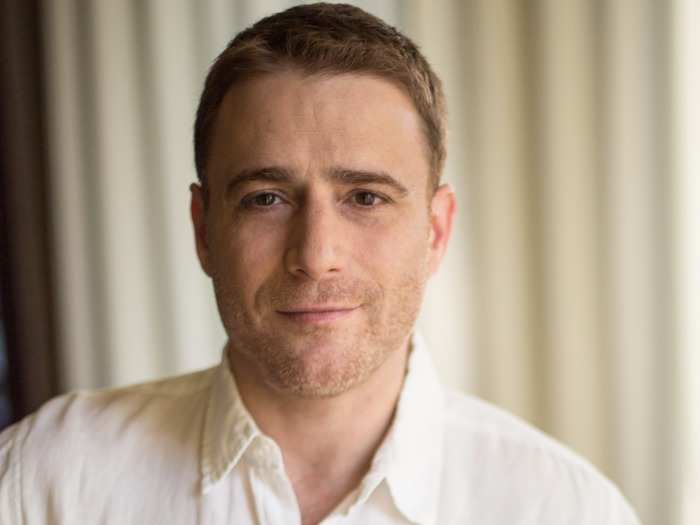
Despite the post-bubble economy, Butterfield and Classon were able to sell Gradfinder.com for what Butterfield describes as "a healthy profit." After the acquisition, Classon went to work for Highwired, which acquired Gradfinder.com. Meanwhile, Butterfield went back to work as a freelance web designer.
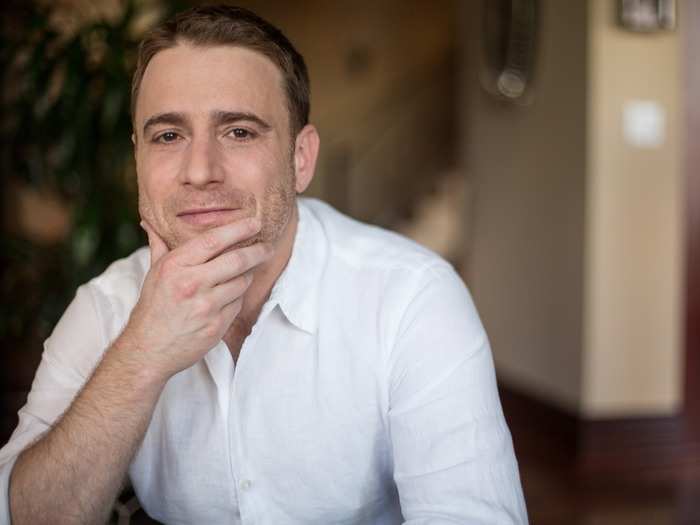
Butterfield created a contest called the "5K competition," which encouraged people to design websites in under 5 kilobytes. It took off. "It became unexpectedly huge, in every country in the world," Butterfield told Business Insider.
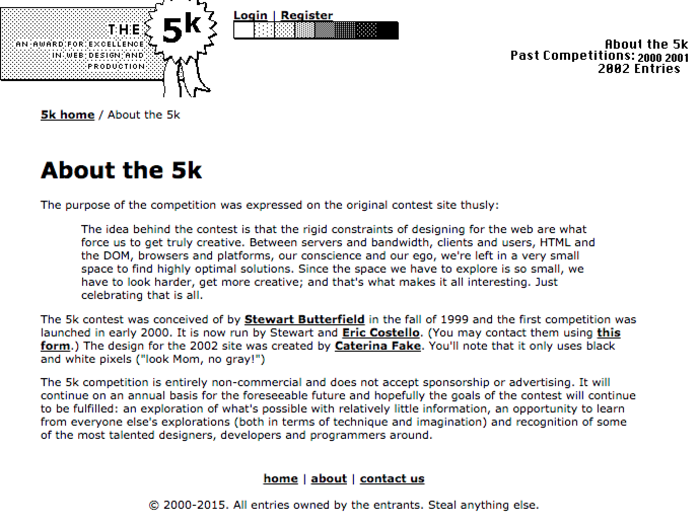
Classon, Butterfield, and his then-wife Caterina Fake all joined a startup called Ludicorp, with the goal of building a massively multiplayer online game. But this was right after 9/11 and after the tech bubble burst, and the company couldn't raise money.
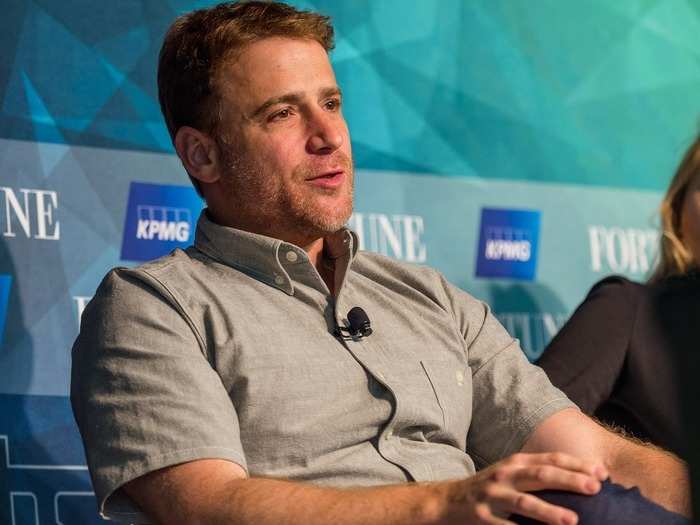
Butterfield got the idea for his next venture, Flickr, as he was throwing up, sick from food poisoning in a New York hotel. Butterfield's team had created this thing where you could share photos with people. In his food-poisoned delirium, he realized that it didn't work very well. You could only share photos when both of you were online. Flickr made some changes and eventually sold to Yahoo.
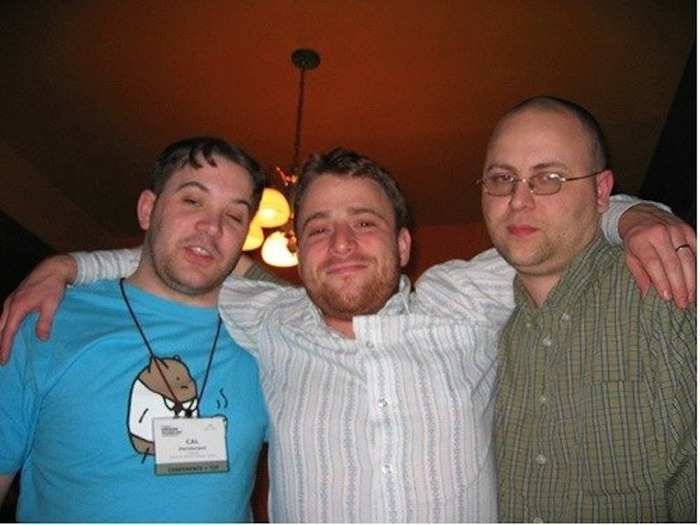
Butterfield and Fake joined Yahoo as part of the acquisition. In 2008, though, the couple left Flickr, and also split up.
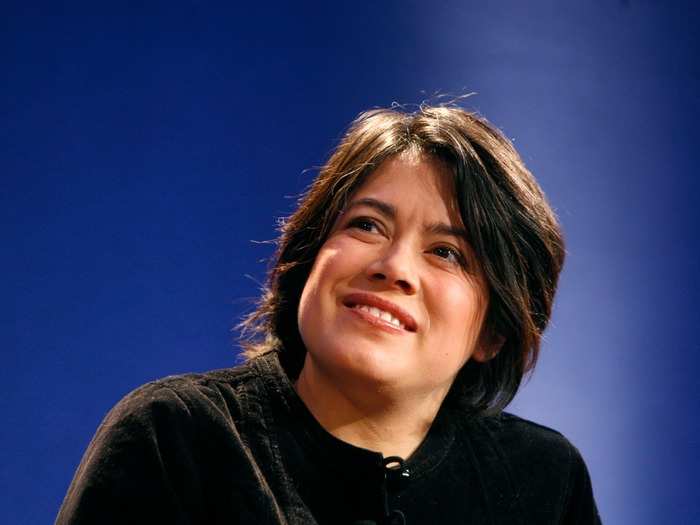
When he left Yahoo and Flickr, Butterfield wanted to make the multi-player game he started working on with Ludicorp. So he rounded up some of his former coworkers from Flickr and Ludicorp to found a startup called Tiny Speck, which built a game called Glitch.

But, Butterfield says, Tiny Speck made some wrong technical choices and Glitch, the game, "was too weird for most people." Among the wreckage of Tiny Speck, Butterfield found the perfect pivot: the communication tool he and his team had built to chat. It became known as a product called Slack.
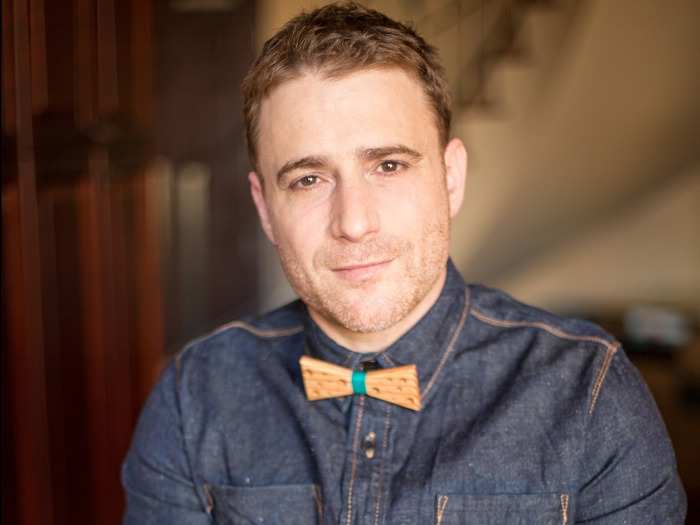
Flickr at its "time was a very big deal. We were on the cover of Newsweek," Butterfield told us. But because there are "10 times as many people online," he says, " Slack is much, much bigger than Flickr was."
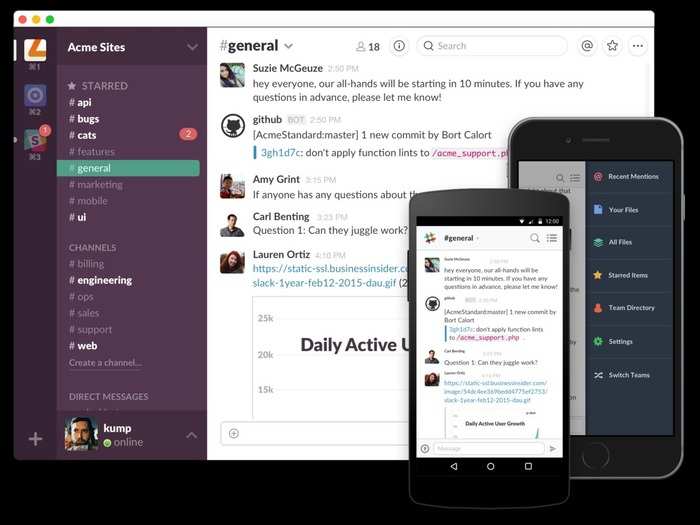
Its growth impressed VCs — including Kleiner Perkins and Andreessen Horowitz — so much that they invested a whopping $340 million into the young company at a $2.8 billion valuation.
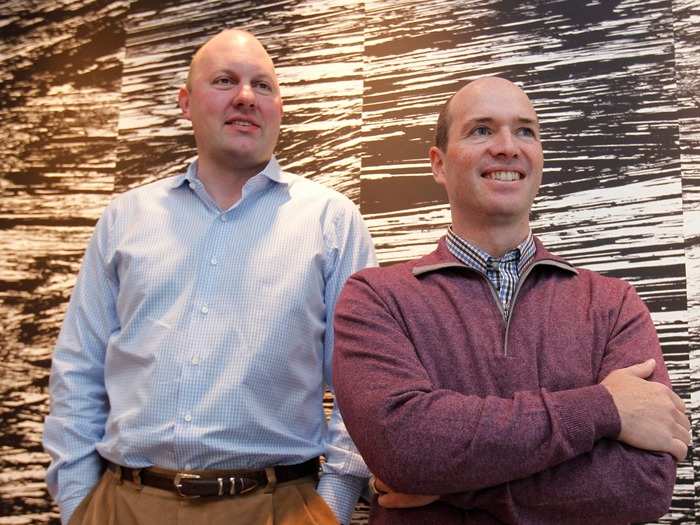
Now, Slack is one of the fastest-growing apps on the internet. In less than two years Slack grew to over 1.1 million daily active users, 300,000+ paid seats, 180+ employees, and $25 million in annual recurring revenue.
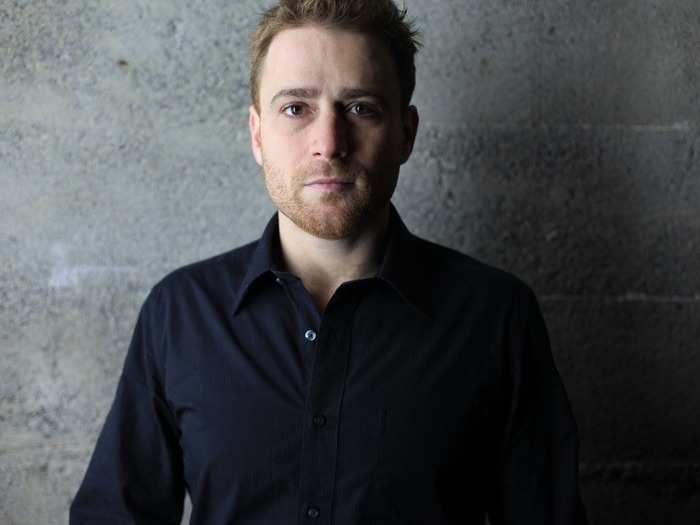
Popular Right Now
Advertisement